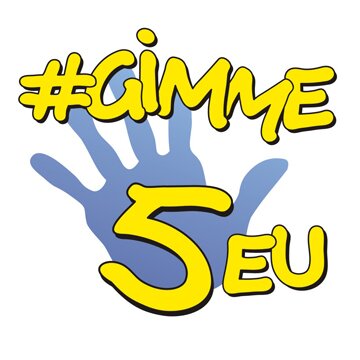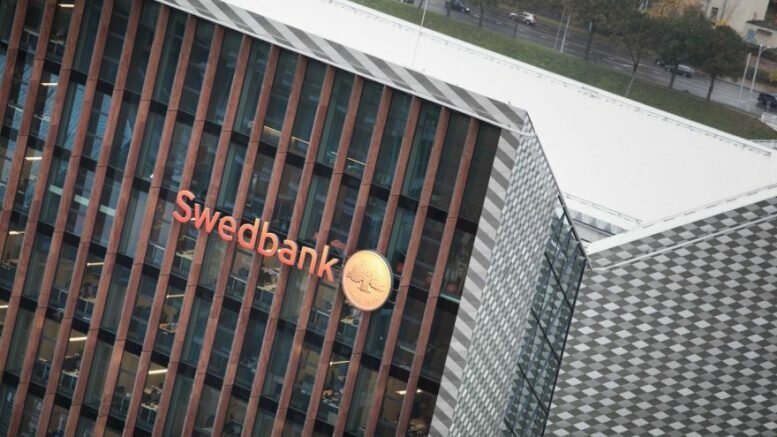By Angele Kedaitiene. Lithuanian banking sector got first real scandal, shaking Lithuanian branch of the Swedish Swedbank, one of the dominant Lithuanian banks. Notably, Lithuanian market is almost fully dominated by Swedish and Finish banks ones Danish Danske Bank has withdrawn after the money laundry scandal in Estonia.
What its about? Earlier, it has been just the mild allegations in the press, that Scandinavian banks overcharging Lithuanian customers with different taxation, like for keeping the account, or for single transaction, while making the profit to send it to the parent banks in Scandinavia.
According to news Web site Delfi, the recent situation relates to the report of Swedish newspaper Dagens Industri, that based on the information it has, Swedbank is linked to a transaction used to fund Syria’s chemical weapons program. The transaction involved Swedbank clients in Lithuania who entered into transactions with one or more clients of FBME, a bank with non-transparent reputation.
The US tax authorities are reported to have already provided questions to Swedbank over its connections with FBME. According to Dagens Industri, FBME was closed in 2017 after being linked to Syria’s chemical weapons program. The US tax authorities had blocked the bank’s access to the US after FBME had been linked to illicit arms trafficking, drug trafficking, terrorist financing and money laundering. has found links directly to transactions against the Syrian nuclear weapons program.
The Swedbak related scandal has emerged in February this year, when Swedish TV SVT has reported on possible involvement of Swedbank in large scale money laundry operations, related also to Danske Bank in Estonia. According to the provided information, the financial transactions between Swedbank and Danske bank in 2007-2015, could accounted to 3,8 bill. EUR, including those between 50 non-existent entries, what equals to money laundry. Although in March, Bloomberg based on internal Swedbank financial report of 2018, has reported far larger sum of 9 bill. EUR, possibly related to the illegal transactions.
At the end of March, Swedbank Board of Directors has fired group manager Birgitte Bonnese, a week later the resignation of Board Director Lars Idermark too place.
The investigation takes place both in Lithuania and in Sweden. On Lithuanian side, Vytautas Valvonis, director of the Bank of Lithuania’s Supervision Service, confirmed that also information on this episode as well is being collected and analysed as part of the wide-ranging international investigation into alleged money laundering via Danske Bank, Swedbank and other banks.
“Today, we have no facts or evidence to confirm the claims in the media. We are very cautious about such information, especially considering the ongoing wide-ranging investigation the Swedish supervision service is carrying out in cooperation with the Bank of Lithuania and the supervision institutions in other Baltic states. The information, including that on this specific episode, is being collected and analysed,” Valvonis told BNS Lithuania.
Bank of Lithuania will hand over the whole investigation-related information to the Financial Crime Investigation Service responsible for the investigation of illegal financial operations.
Swedbak in Lithuania is highly profitable commercial bank. Its net profit in first half of 2019 has accounted to 64,2 mil EUR, in 10 per cent more than the same period of last year.



Be the first to comment on "Lithuanian branch of Swedbank could be linked to Syrian chemical weapons program"